Category Archives: 21st century skills
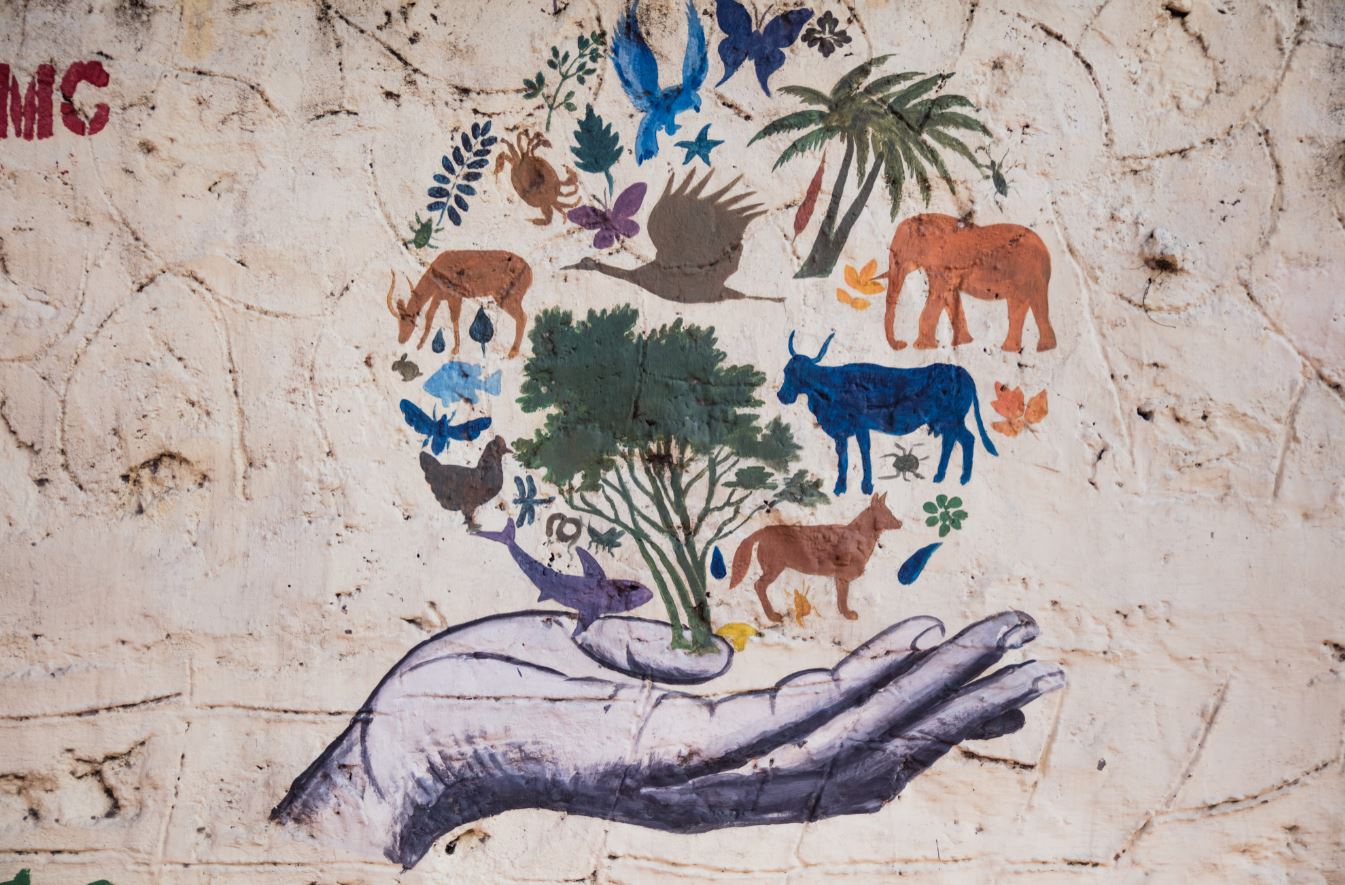
Climate change is due to become central to learning in science, math and social studies
by Pisana Ferrari – cApStAn Ambassador to the Global Village If today’s youth aren’t adequately educated about the reality of climate change, its effects and the ways the planet can prevent it, how can impactful solutions be implemented? Climate change is an education priority, says the author of a recent article in SI News, echoing …
“Climate change is due to become central to learning in science, math and social studies”
Read More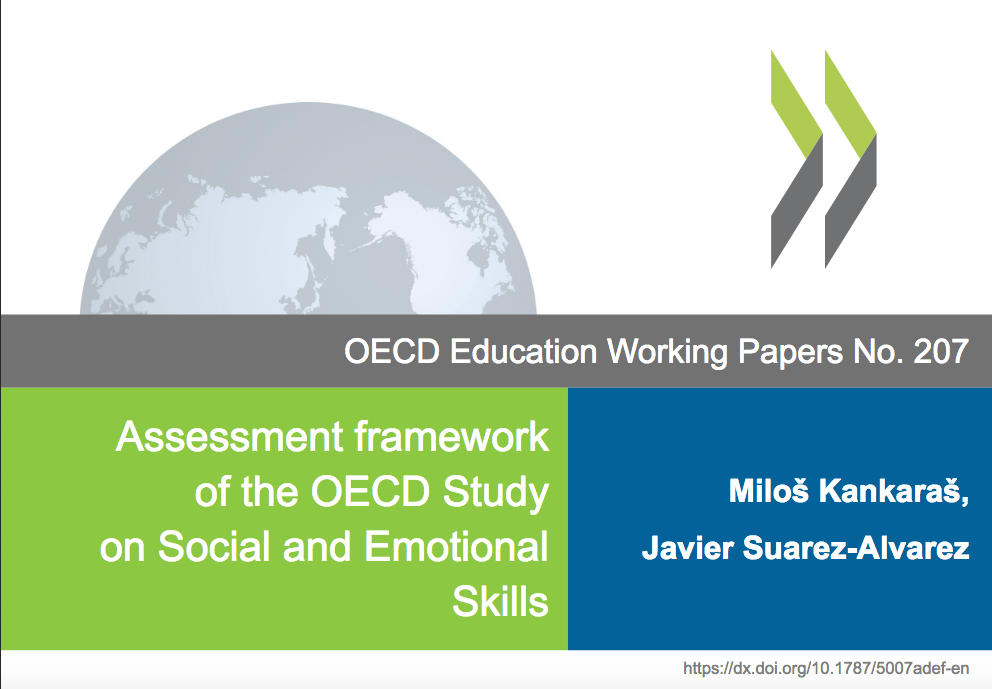
Social and emotional skills are not only important for individuals but also shape the larger communities and societies we live in
by Pisana Ferrari – cApStAn Ambassador to the Global Village The assessment framework of the OECD Study on Social and Emotional Skills (SEL) has just been published. (1) Together with the previously published conceptual framework, the Study now has complete framework documentation explaining all of its substantive and methodological aspects, writes OECD Project Manager for …
Read More
Industry experts share their optimistic visions for the future of education
Online, remote, on-demand, self-paced, informal, diverse, flexible, practical, life-long, augmented, gamified, automated … these are some of the buzzwords related to the future of education, as seen by some of the most innovative players in the field. An interesting overview. Source: https://www.disruptordaily.com/what-is-the-future-of-education-11-experts-share-their-insights/ Photo credit: Caleb Minear @ Unsplash
Read More
US survey of 750 HR leaders indicates shift towards skills- and competency-based hiring
by Pisana Ferrari – cApStAn Ambassador to the Global Village In a recent interview for “EdSurge” Sean Gallagher, Ed.D. (1) discusses the rapidly changing field of graduate education. The offer is booming and increasingly diversified, he says. Degrees now come in all shapes and sizes. There has been a lot of innovation in credentialing, with new …
“US survey of 750 HR leaders indicates shift towards skills- and competency-based hiring”
Read More
How do you measure Social and Emotional Learning?
by Pisana Ferrari – cApStAn Ambassador to the Global Village In a recent Helchinger report post, Jeremy Taylor and Laura Hamilton give educators/teachers/school principals precious tips on how to look for (and choose) assessments that measure Social and Emotional Learning (SEL). (1) The “SEL Assessment Guide”, developed by Casel, gives detailed information about SEL competencies …
“How do you measure Social and Emotional Learning?”
Read More
Can reading literature help develop empathy? The opinion of cognitive scientists.
by Pisana Ferrari – cApStAn Ambassador to the Global Village Educators “should not dismiss” the role that classic literature can play in developing empathy: by understanding how great novelists put themselves into the shoes of characters who are completely unlike themselves, students can learn to do the same with their neighbours from a different walk …
“Can reading literature help develop empathy? The opinion of cognitive scientists.”
Read More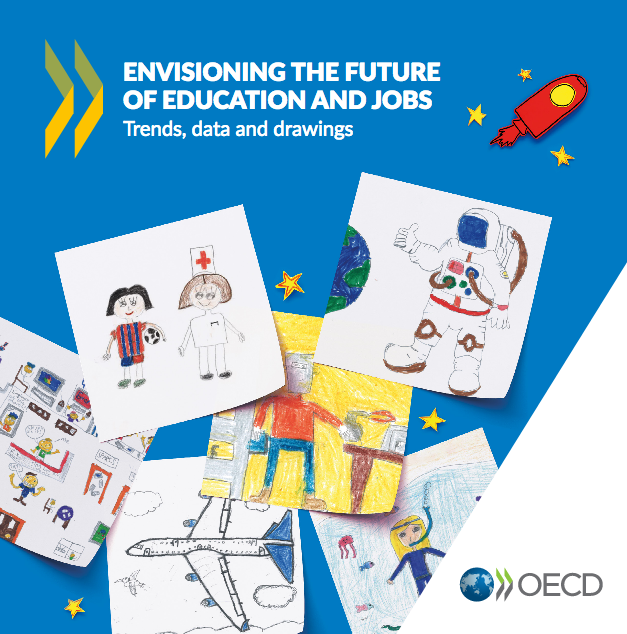
Addressing the mismatch between children’s job aspirations and the labour market demand
by Pisana Ferrari – cApStAn Ambassador to the Global Village A joint report by the OECD and the UK-based charity “Education and Employers” was presented in Davos at the World Economic Forum 2019 on January the 23rd. The report is inspired by a survey of 20,000 primary school children called “Drawing your future”, organised by …
“Addressing the mismatch between children’s job aspirations and the labour market demand”
Read More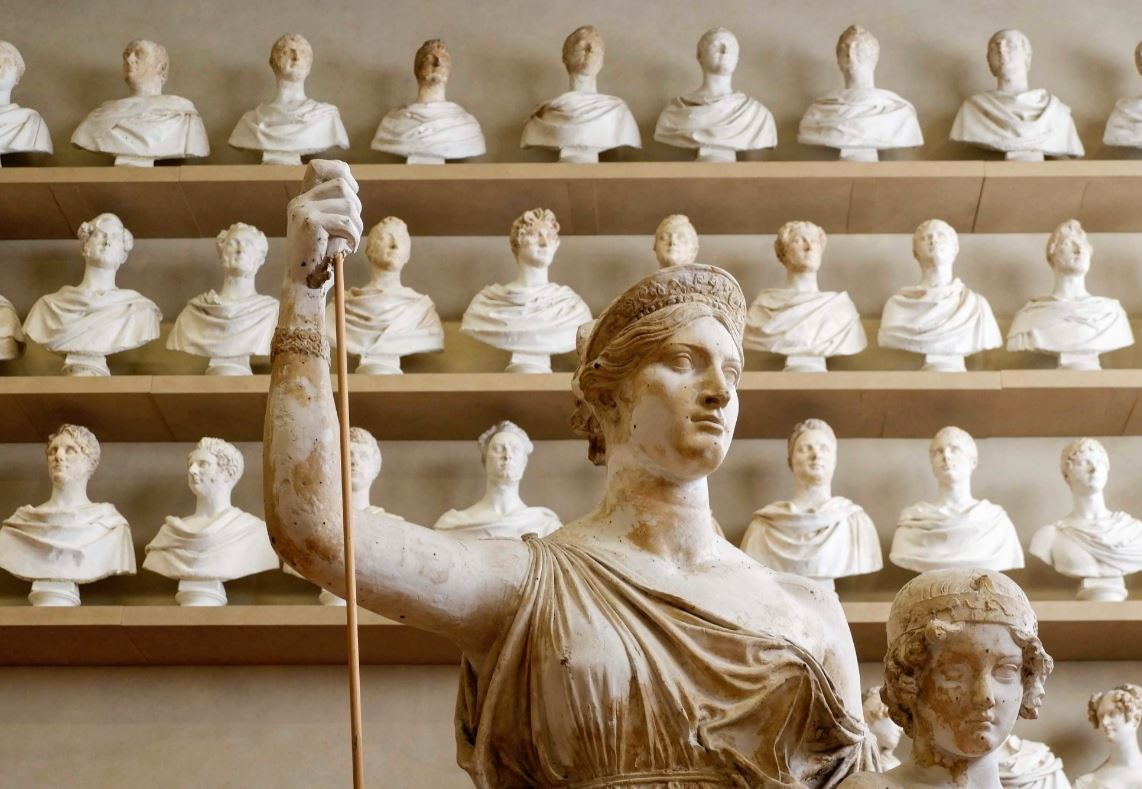
Will the liberal arts survive the tech-hungry 21st century economy?
by Pisana Ferrari – cApStAn Ambassador to the Global Village In mid-November 2018, Wisconsin University announced plans to stop offering six liberal-arts majors, including geography, geology, French, German, two- and three-dimensional art, and history, claiming the institution no longer has the resources to sustain them. “But, as much as this is a tale of a …
“Will the liberal arts survive the tech-hungry 21st century economy?”
Read More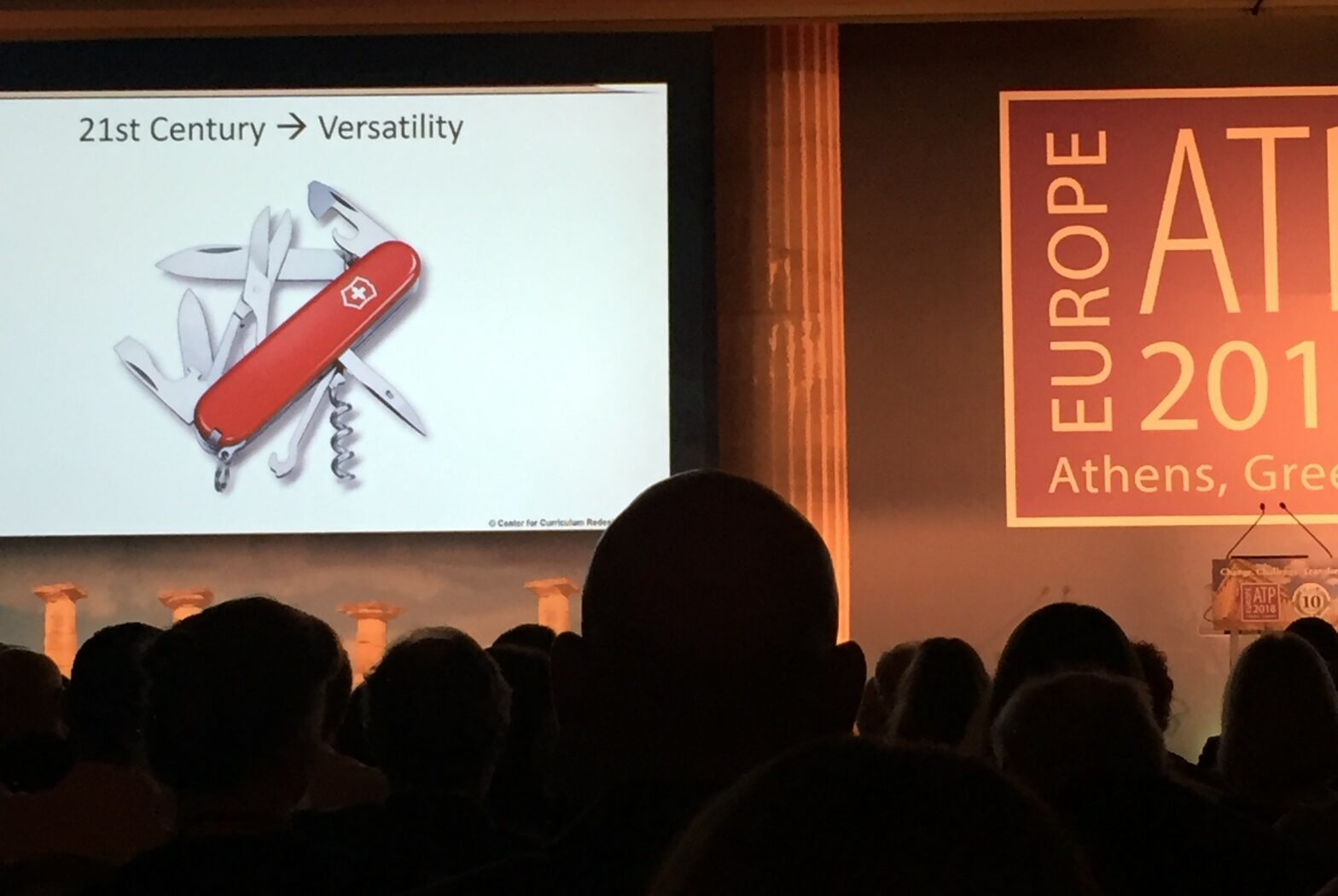
“Versatility” is the key 21st century skill
by Pisana Ferrari – cApStAn Ambassador to the Global Village How can schools prepare students “for jobs that have not yet been created, to use technologies that have not yet been invented and to solve social problems that we don’t yet know will arise”? A thought-provoking introduction by Andreas Schleicher, Director for Education and Skills …
““Versatility” is the key 21st century skill”
Read More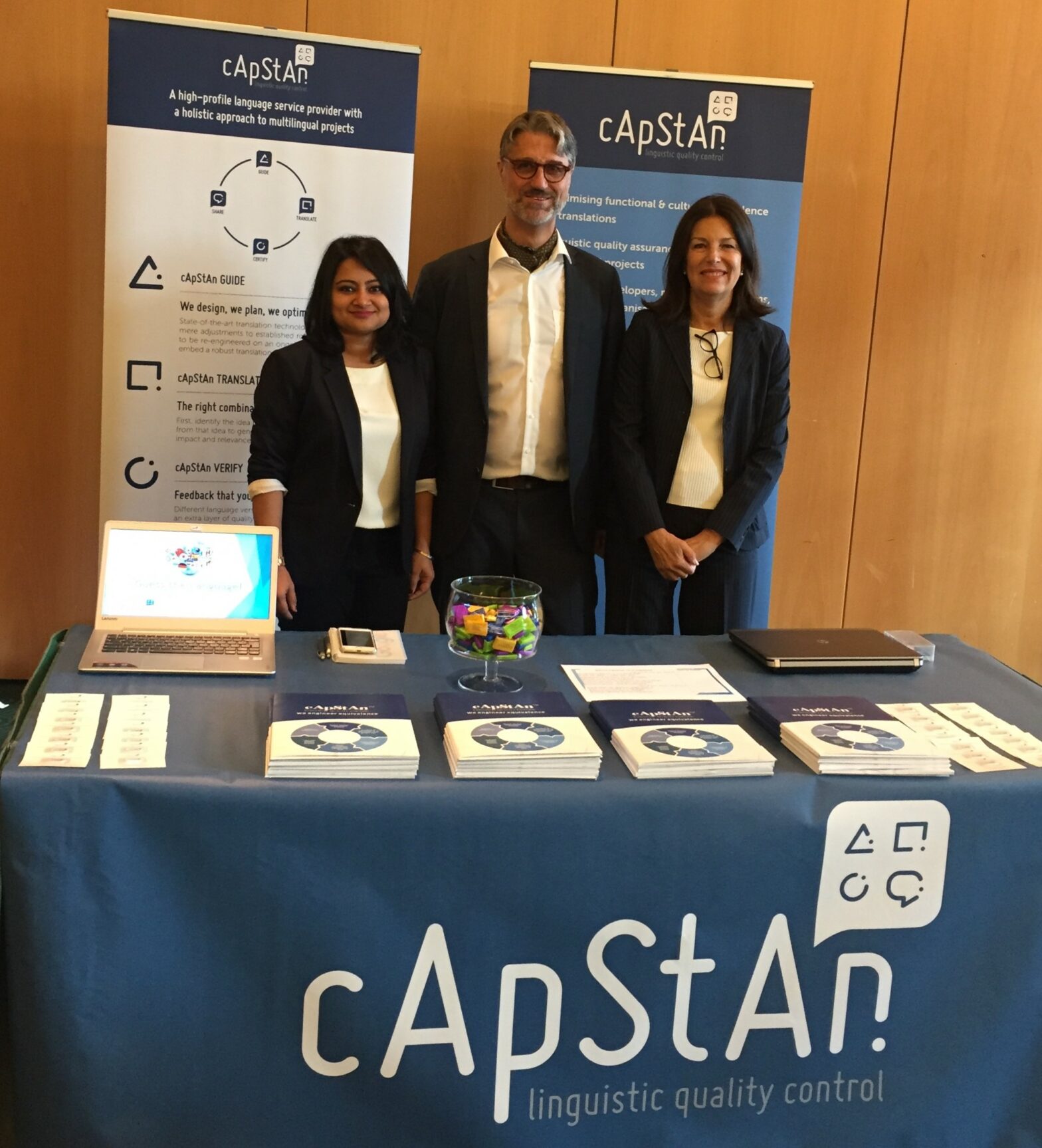
The Testing Industry, 21st Century Skills and the Medicane
by Steve Dept – cApStAn partner Dublin, Lisbon, Amsterdam, and now Athens. This was cApStAn’s fourth participation in a conference of the European arm of the Association of Test Publishers (E-ATP). Why would a linguistic quality control agency participate in a test publishers’ conference? A high-level conference at that, with 327 attendees (of which 24 were …
“The Testing Industry, 21st Century Skills and the Medicane”
Read More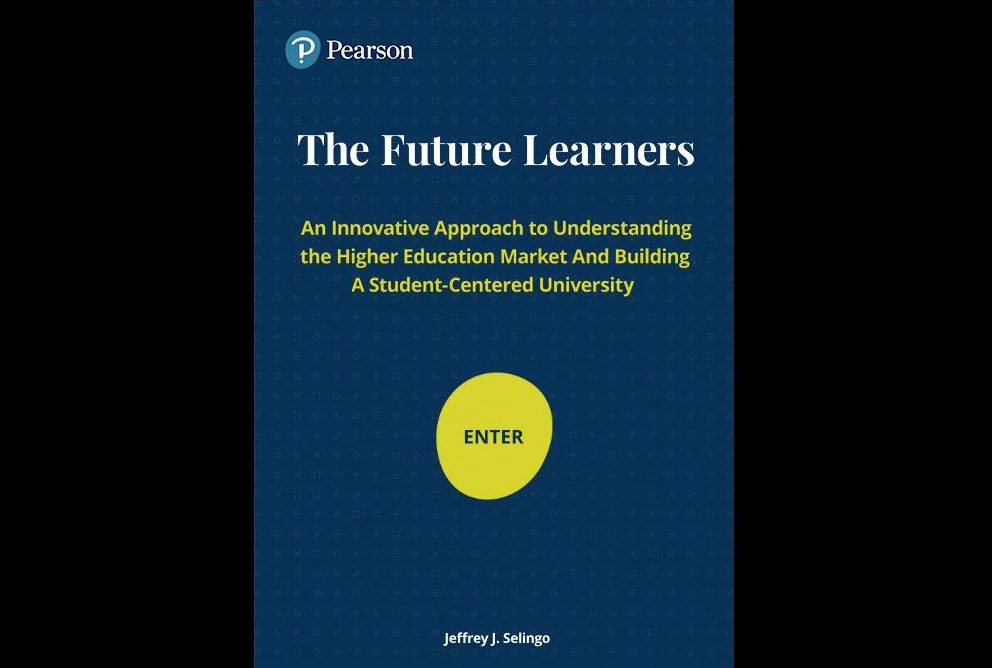
The future learners
by Pisana Ferrari – cApStAn Ambassador to the Global Village The time has come for academic institutions to reflect on their one-size-fits-all model and to understand who the next generation of learners is and how they want to learn. Student segmentation is the key to being able to cater to new and very diverse educational …
Read More
Generation Z-ers are coming of age and bringing fresh challenges to educators
by Pisana Ferrari – cApStAn Ambassador to the Global Village A recent study by Bloomberg, based on UN population data, has brought on a resurgence of discussions about the impact of “Generation Z-ers”–also known as Gen Z-ers, iGeneration, Post-Millennials, Homeland Generation, or Plurals–on society. Bloomberg takes 2000-2001 as the “intergenerational cut-off point” and predicts that …
“Generation Z-ers are coming of age and bringing fresh challenges to educators”
Read More